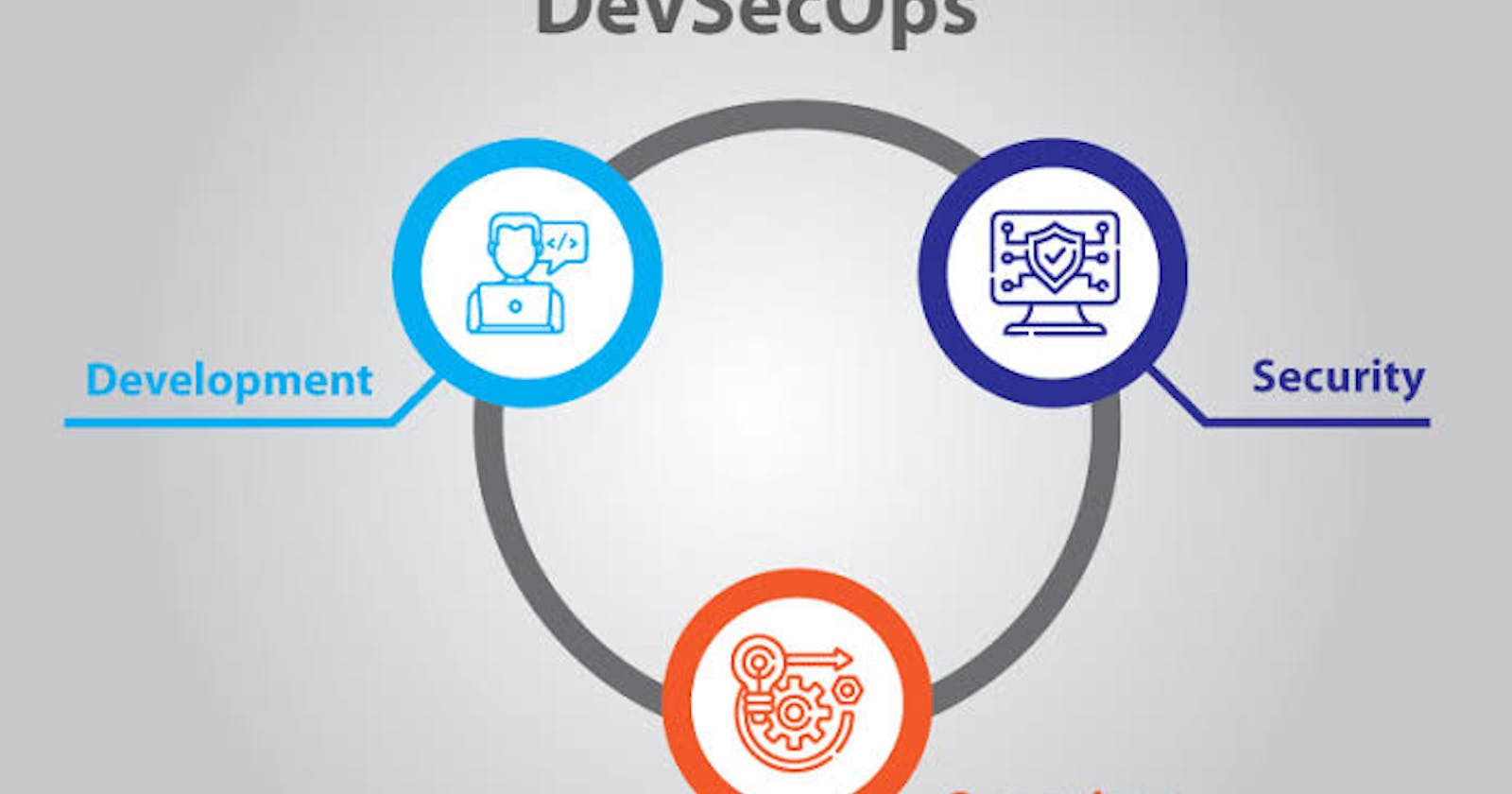The Importance of Security in DevOps: Addressing Security Concerns in the Continuous Delivery Pipeline
Table of contents
No headings in the article.
DevOps is a software development and delivery methodology that emphasizes collaboration, automation, and continuous feedback between development and operations teams. The goal is to deliver software faster and with fewer errors, leading to increased productivity and better customer satisfaction. However, as organizations adopt DevOps, security concerns can be overlooked or even ignored in favor of speed and agility. This can lead to costly data breaches and other security incidents. In this article, we'll discuss the importance of integrating security practices into the DevOps process and how to address security concerns at each stage of the continuous delivery pipeline.
The first step in addressing security concerns in DevOps is to make security everyone's responsibility. Developers, operations teams, and security teams should collaborate to ensure that security is integrated into every stage of the software development and delivery process. This includes designing and building secure applications, securing the infrastructure and environment, testing for security vulnerabilities, and monitoring and responding to security incidents.
The second step is to automate security processes wherever possible. This helps to ensure that security is consistent and repeatable across all applications and environments. Automation can be used for tasks such as vulnerability scanning, penetration testing, and compliance monitoring. Automated security processes also enable teams to respond quickly to security incidents and minimize their impact.
The third step is to implement security controls and policies throughout the continuous delivery pipeline. This includes secure coding practices, secure software design, and secure configuration management. Security should be integrated into the deployment pipeline, including automated testing for security vulnerabilities, vulnerability scanning of the application and infrastructure, and automatic patching of vulnerabilities.
The fourth step is to monitor and respond to security incidents. This includes continuous monitoring of applications and infrastructure for security events, as well as automated incident response and alerting. Security incidents should be logged and analyzed to identify root causes and prevent future incidents.
In conclusion, integrating security into the DevOps process is crucial for organizations that want to deliver software quickly and with confidence. By making security everyone's responsibility, automating security processes, implementing security controls and policies, and monitoring and responding to security incidents, organizations can ensure that security is an integral part of their DevOps methodology. This helps to protect against costly data breaches and other security incidents, while maintaining the speed and agility that DevOps provides.
